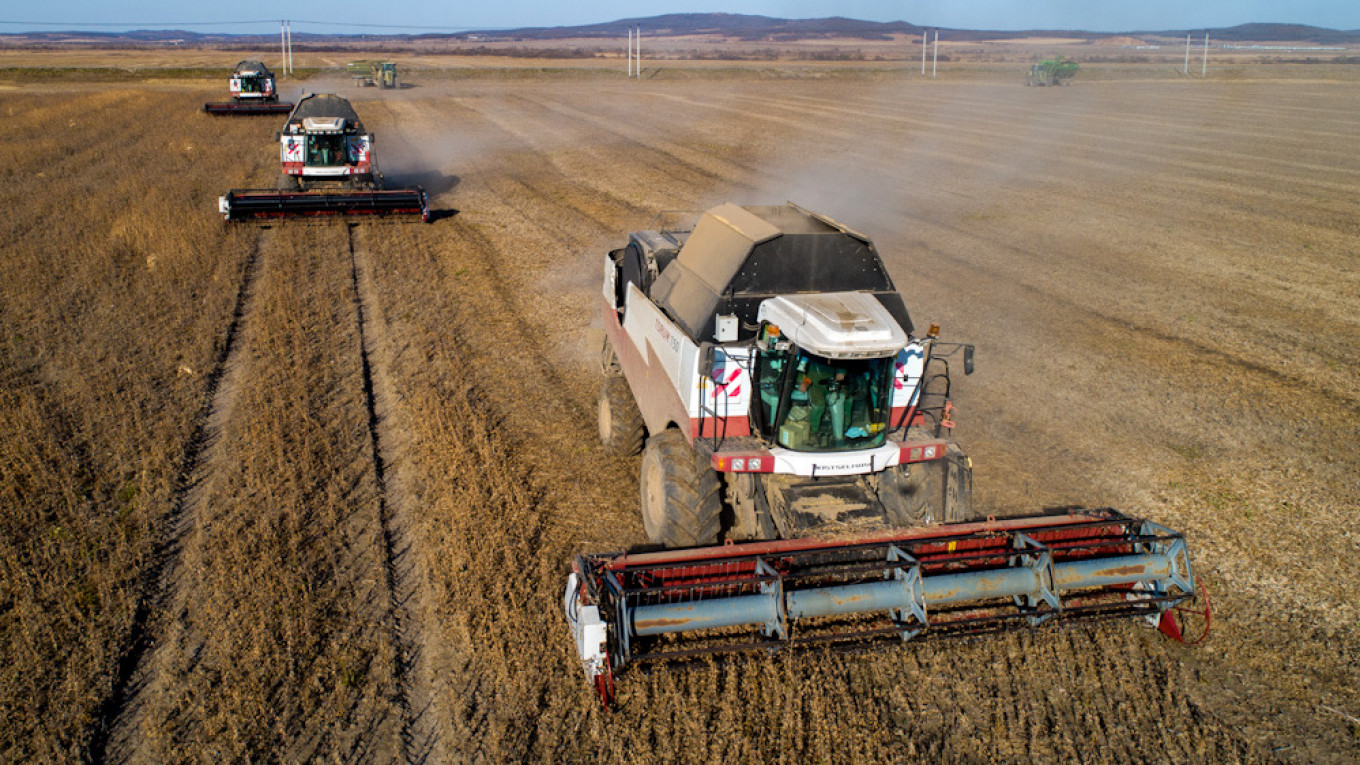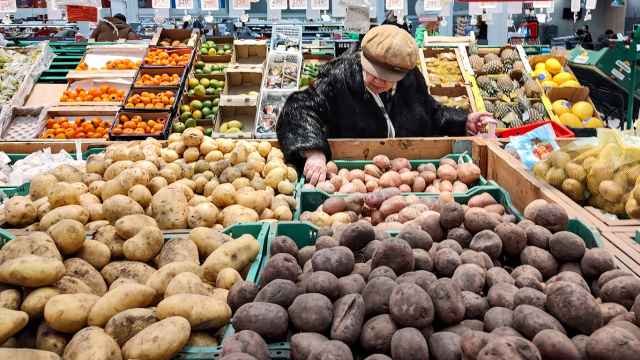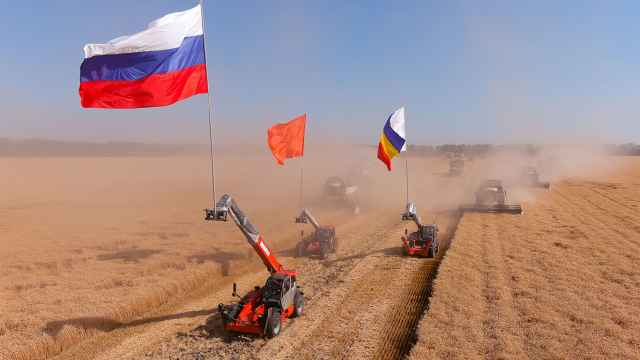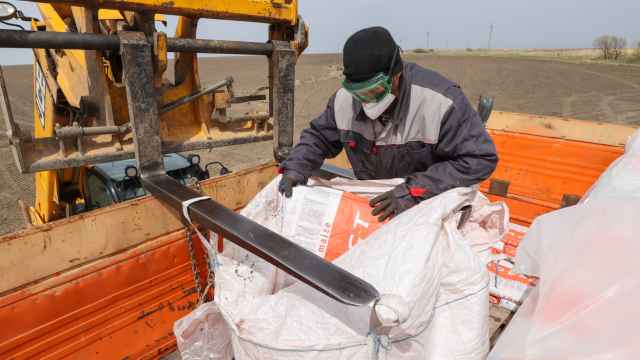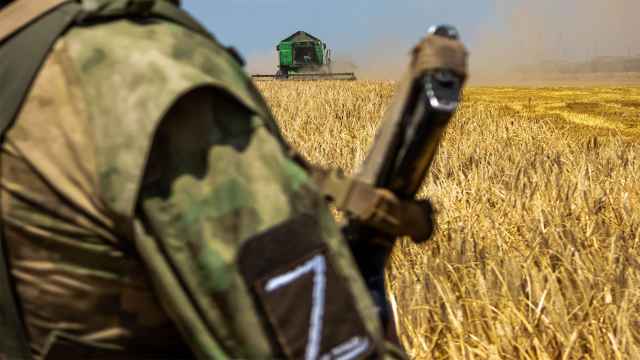Russia’s agriculture sector is one of the great unsung successes of reform in recent years and put in another strong year in 2020 despite the multiple shocks to the economy.
Agricultural output has grown almost every year over the past decade, and 2020 was no exception, even if growth slowed down to about 1.5% as the sector did not escape the ravages of the coronavirus pandemic entirely.
The main focus of Russia’s agricultural reforms has been on boosting grain production and the country is now vying with Ukraine for the title of the world’s biggest grain exporter.
Grain harvests were up 10% last year at 133 million tons — just 2 million shy of the record harvest in 2017.
Exports came in at 43 million tons. Foreign sales of grain have become a significant contributor to Russia’s budget, earning around $25 billion in 2020, helped by problems in other markets such as Ukraine, which suffered from drought that pushed prices for grain up in 2020.
The development of the sector has been helped by the Kremlin’s decision to impose tit-for-tat sanctions on the EU, banning all agricultural imports to Russia following the EU’s decision to impose sanctions on Russia after it annexed Crimea in 2014. The ban is de facto protectionism and the Kremlin has used it to pour investment into agriculture to make the country more self-sufficient.
While a home-grown cheese industry has popped up to fill the gap created by the ban on European imports, other subsectors of agriculture fared less well. The production of certain crops such as potatoes declined considerably, and sugar beet production collapsed to levels not seen in many years.
Accordingly, sugar prices soared by 75% in the last quarter of 2020, leading the Kremlin to impose price controls on basic food products to head off social unrest. Those are likely to remain in place for the next six months.
And crop farming, which accounts for well over half of agricultural output, grew much slower than at nearly any time in recent history, reports the Bank of Finland’s Institute for Economies in Transition (BOFIT) in its weekly update.
“That was due to smaller areas under cultivation and smaller harvests per area,” it said.
One of the quirks of Russia’s agricultural sector is that a significant portion of production is literally home-grown: traditionally Russians have grown a lot of their fruit and veg at countryside houses, or dachas.
In the 1990s the majority of Russia’s potato production was dacha-grown, and still today, two-thirds of all potatoes are grown by individuals.
“The fastest growth, however, was posted by private farmers,” confirms BOFIT, referring to commercial farms but not controlled by a larger organization or farming association.
“Their share of total crop production nationally has gradually risen to more than 20%.”
A Message from The Moscow Times:
Dear readers,
We are facing unprecedented challenges. Russia's Prosecutor General's Office has designated The Moscow Times as an "undesirable" organization, criminalizing our work and putting our staff at risk of prosecution. This follows our earlier unjust labeling as a "foreign agent."
These actions are direct attempts to silence independent journalism in Russia. The authorities claim our work "discredits the decisions of the Russian leadership." We see things differently: we strive to provide accurate, unbiased reporting on Russia.
We, the journalists of The Moscow Times, refuse to be silenced. But to continue our work, we need your help.
Your support, no matter how small, makes a world of difference. If you can, please support us monthly starting from just $2. It's quick to set up, and every contribution makes a significant impact.
By supporting The Moscow Times, you're defending open, independent journalism in the face of repression. Thank you for standing with us.
Remind me later.



